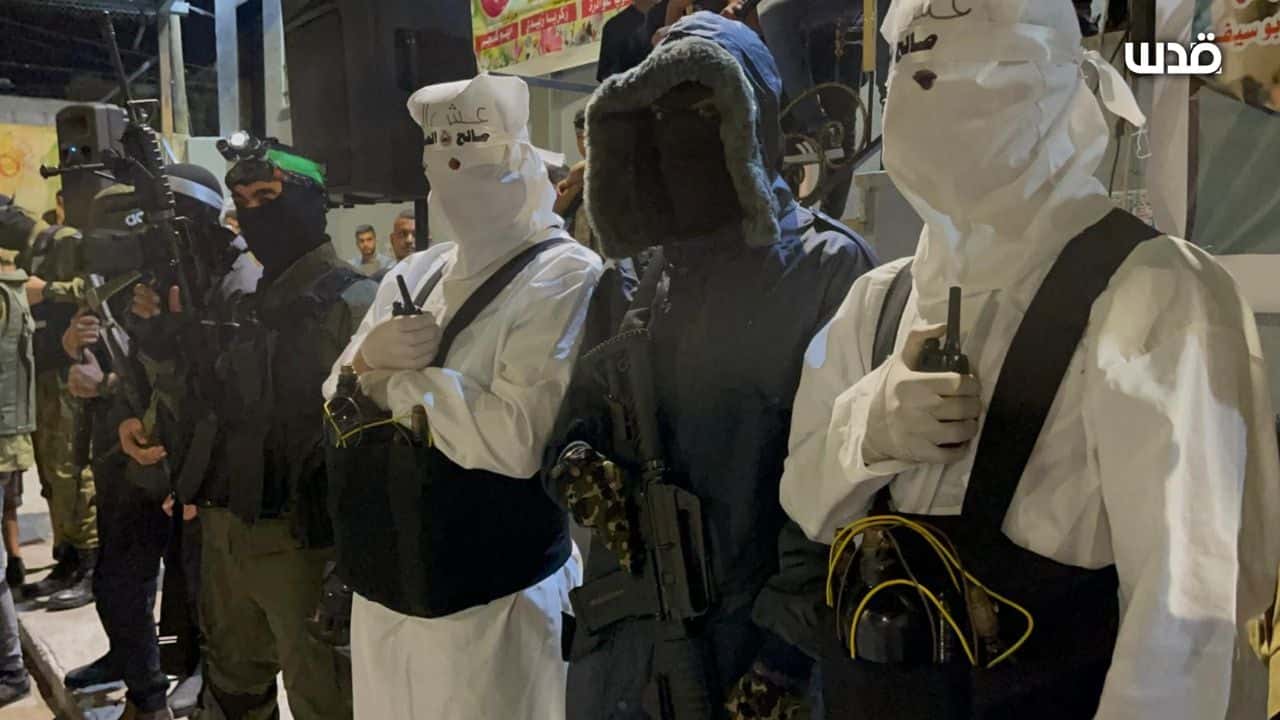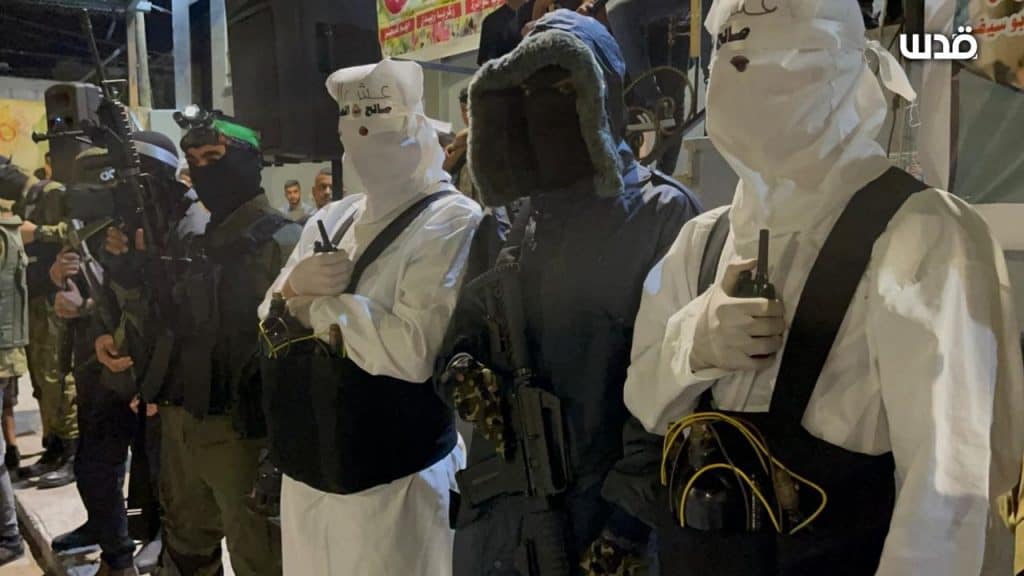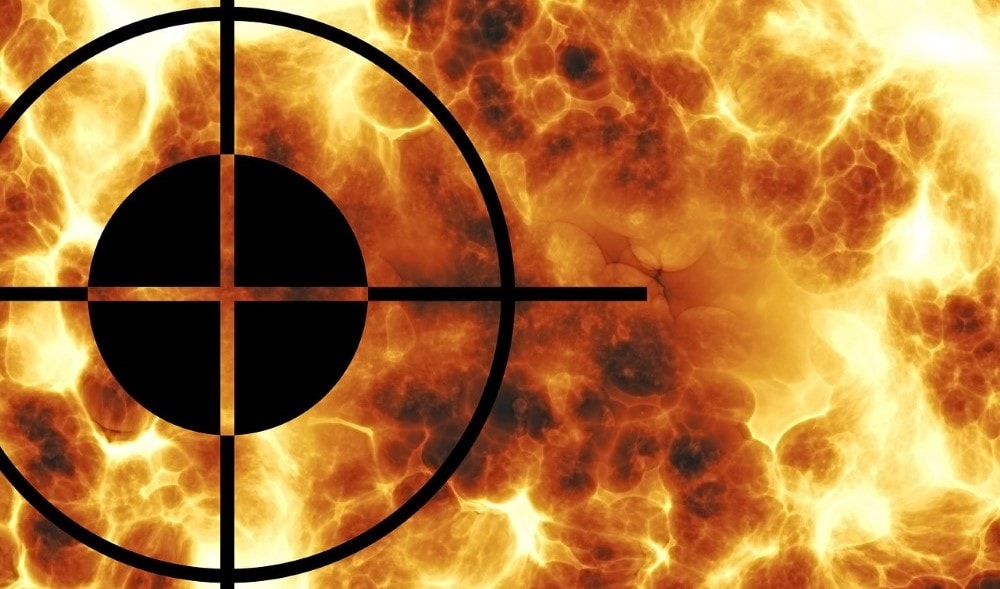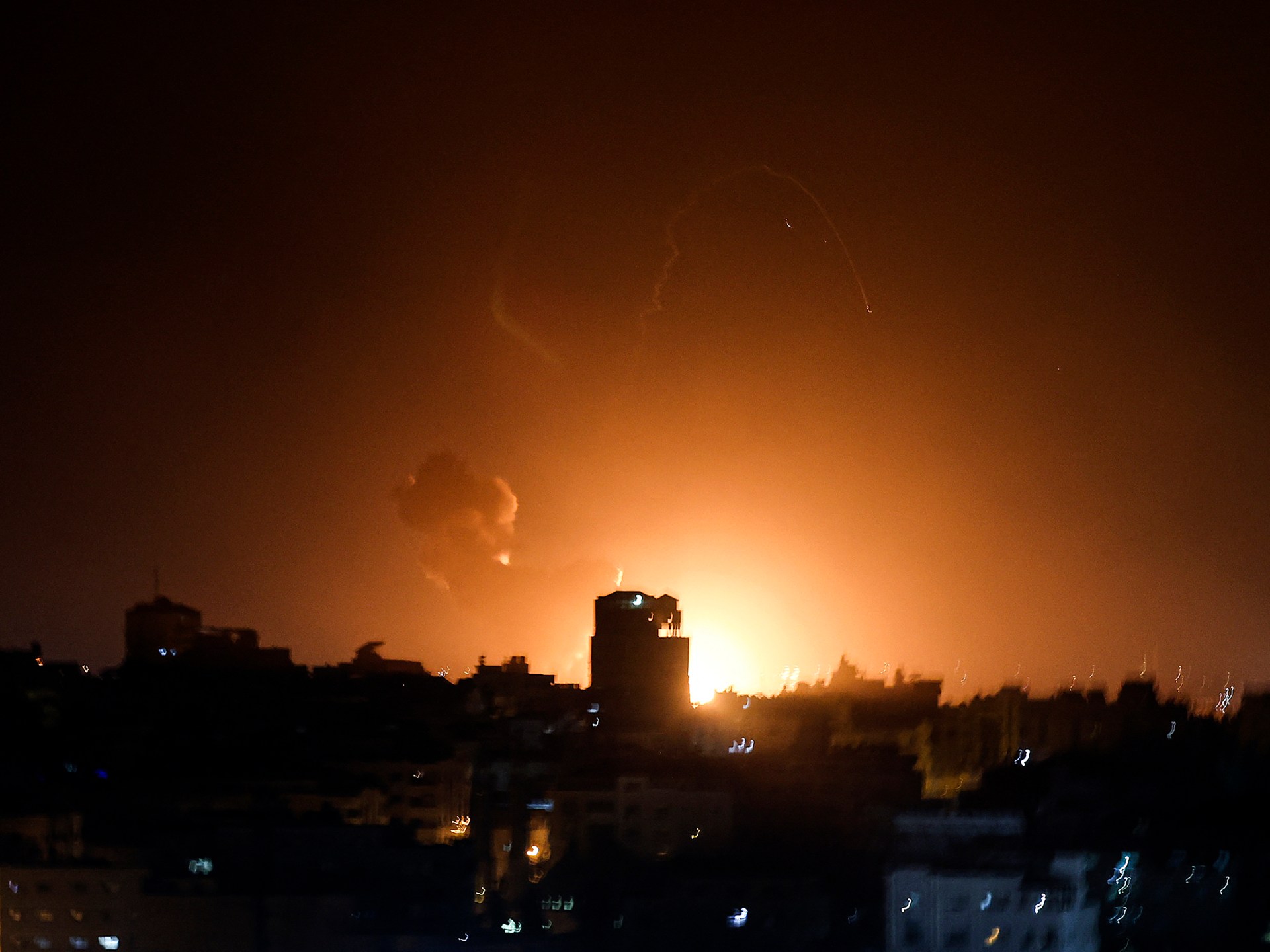Analysis / When Will Israel Be Ready to Strike in Iran?
Is Israel ready to strike in Iran? (Archive: Pixabay)
Prime Minister Naftali Bennett
says that Israel will be taking action to stop Iran’s nuclear project. The IDF says that operational planning for a strike is advancing rapidly.
Senior officers and some analysts claim that Israel is capable of crippling Tehran’s nuclear program. But others say that the IDF needs to bolster its military power, and that this
will take years.
The persistent chatter about IDF strike preparations is sometimes dismissed or ridiculed. Israeli warnings are often seen as a form of psychological warfare with little substance. But the cumulative effect can create confusion, anxiety, and complacency on the Iranian side.
Statements and reports about IDF preparations may prompt the Iranians to
invest resources in extra defenses or more intelligence collection. Conflicting information could make it harder to assess Israeli readiness. Seemingly empty threats could suddenly turn into real action.
At the end of the day, the big question remains: How close is Israel to staging a massive assault on Iran’s nuclear sites? The answer is a closely guarded secret, but there are some hints.
Air Force in stealth mode?
The Israeli Air Force has been quiet in recent months about operational training for a strike in Iran, in contrast to earlier trends. While foreign armies and civilian observers can monitor some aerial action, the media silence suggests that the IDF is keeping a lower profile about its strike preparations and focus.
Back in April, the Air Force revealed that it deployed fighter jets and spy planes in
Greece to train for missions in remote locations. In February, the military censor cleared information on
transport aircraft training in India.
Earlier reports detailed other drills and training sessions to prepare for
long-range strike operations. The IDF also revealed that it was practicing for
rescue missions in enemy territory. Senior officers indicated that Iran was the focus of such exercises.
Air Force training for strike (Archive:
Eden Briand, IDF/CC)
But similar reporting on the official Air Force website and elsewhere has been minimal in the last few months regarding Iran-linked training maneuvers.
The new silence comes as top defense officials say that Israel is
accelerating its plans for a strike on Iran’s nuclear project. However, these statements tend to be general and offer no specifics.
One way or another, it appears that the Air Force has entered a new, more sensitive phase in its preparations for a strike.
The general’s message
Major General
Tal Kalman is no ordinary officer. The ex-fighter pilot heads the IDF’s Strategy and Third-Circle Directorate, which focuses on Iran. In this role, Kalman is familiar with the entire array of operational planning against Tehran. His recent interview with
Maariv daily deserves close attention.
The IDF is preparing for a
broad military campaign against Iran beyond a pinpoint strike on its nuclear project, the high-ranking officer said. The army will aim to strike key Iranian assets as part of this plan and gravely hurt the regime, he added. This suggests that Israel’s strategy may be different than previously assumed.
Notably, an Israeli strike on Iran will almost certainly trigger a large war. However, most experts agree that Israel can delay Tehran’s nuclear progress but not fully eliminate it. In other words, an operation that only targets Iran’s nuclear program may not be worth the price.
The logic is simple: If an all-out war is inevitable, it should be used to inflict as much damage as possible and weaken the Iranian regime. This would call for a wider military attack than a strike on nuclear facilities.
Preparations for a mega-assault naturally require longer planning, more munitions, and a larger
military buildup. If Israel chooses this route, the timeline for launching a strike will be further delayed.
For now, Israel’s precise strategy and timing will remain a top secret, but astute observers will likely detect some hints. IDF plans for a strike on Iran’s nuclear project may be in advanced stages, but preparations for a larger war could take some time. The ultimate decision on when and what to strike will depend on Iranian progress, the perceived threat level, and on Israel’s strategic aims.
Analysis / When Will Israel Be Ready to Strike in Iran?

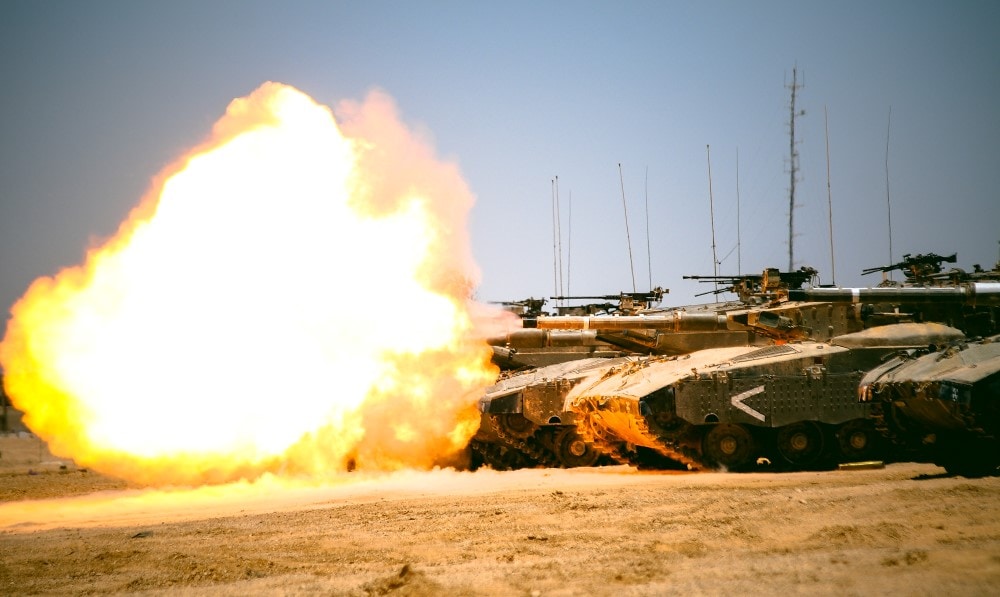
 israelradar.com
israelradar.com





